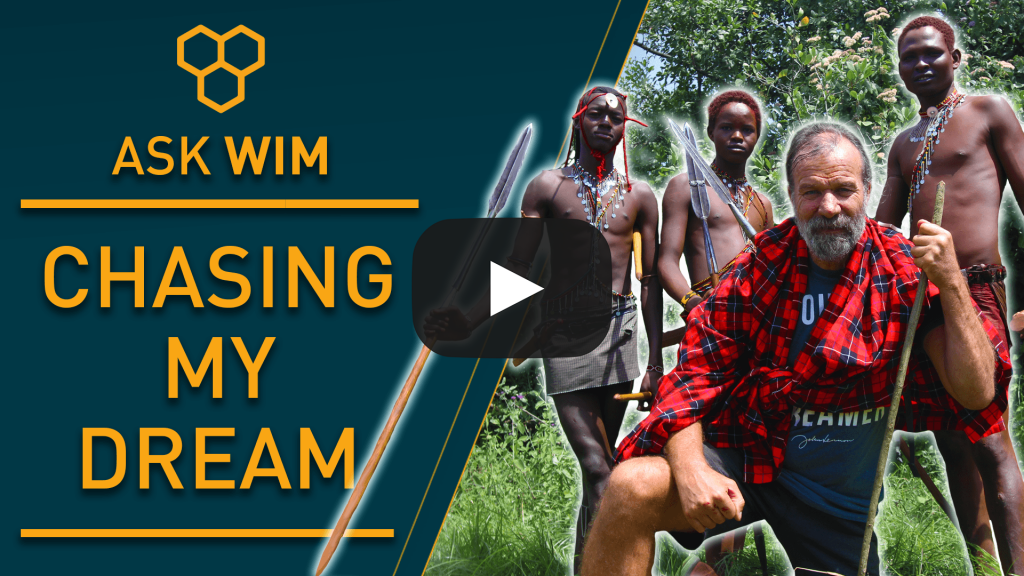Why do we help in Kenya?
The Garden of Eden project started off with help in an area in the south-west of Kenya, called Loita Hills & Plains in the Masai Mara Region. This area is home to precious wildlife, and an ancient Maasai Tribe with their livestock, who have lived in harmony with each other for so many years. Maasai people have been a nomadic tribe for many centuries. Depending on the season and rainfall, they migrate to places where there is water and enough fresh grass for their livestock.
Unfortunately, global developments are on the rise in this area, and these have a huge negative impact on life in nature. Demarcation (owning) of community land and the severe droughts and floods have brought individualism and possession. The result is that people have started fencing off their land to preserve their own grass for their own cattle, and do no longer share the natural resources (grass, minerals and water) with the rest of the community and the wildlife around them.
Migration paths are blocked, and a walk of 15 to sometimes 40 km to get access to clean water has become a daily challenge for the Maasai, their livestock and the wildlife. Apart from dehydration and starvation, many wild animals are killed by the fences when they run into them, especially during the night.
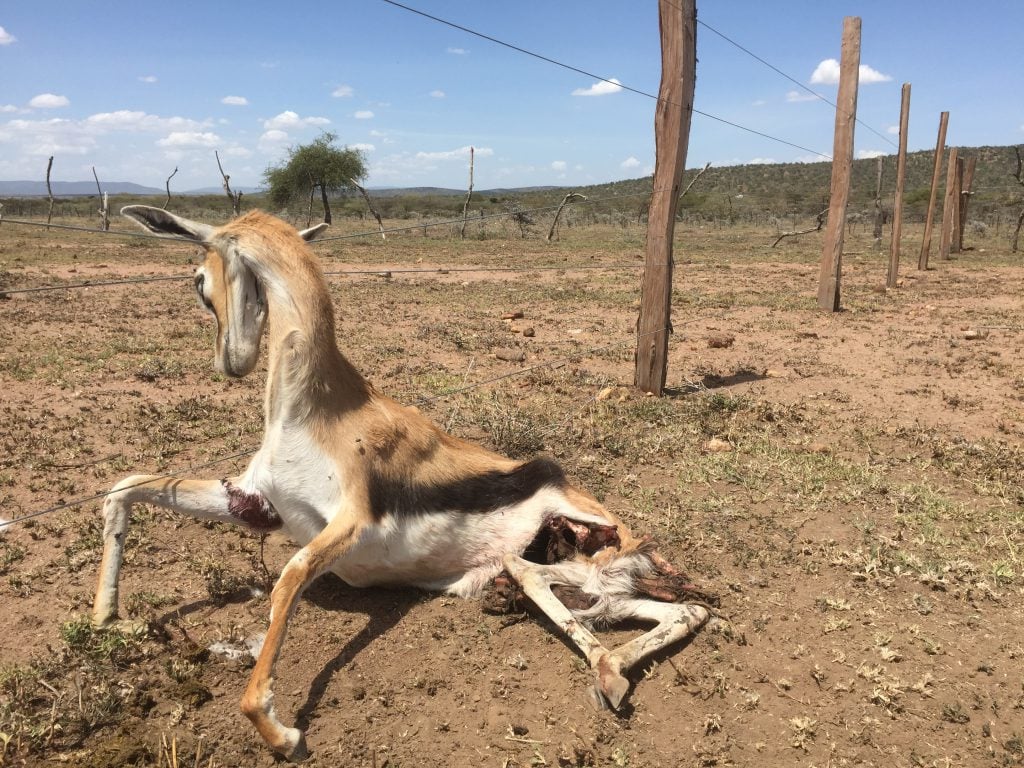
The few and very narrow corridors between the fenced land are suffering from soil erosion, because the corridors are worn out by the thousands of cows, goats, sheep, zebras, gnus and gazelle who all have to use the same path. In addition, more human-wildlife conflicts are created due to the narrow and limited migration corridors which remain.
As a result of all these challenges, many Maasai have given up their traditional life in harmony with nature, sold their land to investors, and moved to the city in search for alternative ways of income.
If we do not take action now, soon there will be no more wildlife migration, animals will be confined to a small area and can not reach enough water, grass and minerals to survive. This will ultimately lead to a huge decline of wildlife. Apart from this horrible future perspective, the age old Maasai culture too, with their rich knowledge of nature and medicinal plants, will disappear. Their traditional way of living in harmony with nature is a great example and inspiration for the rest of the world, who mainly exhaust our planet.
Therefore the Garden of Eden has established projects together with the community to create enough clean water sources, and open up and restore migration paths for wildlife and cattle. With these interventions we can finally create a conservancy where Maasai, livestock and wildlife can live a sustainable life in harmony with nature. This will be an example and prototype for the rest of the world to bring life in harmony with nature back to our Mother Earth.
How are we helping?
Our project work consists of 3 main aspects:
1) Creating awareness about the importance of life in harmony with nature.
2) Restoring life in nature: opening up migration paths, creating clean water sources, removing fences, planting trees.
3) Conserving life in nature: establishing a sustainable and community-owned Nature Conservancy.
Our main priority is to open up migration paths for wildlife and livestock. Our strategy is to restore and enlarge the migration corridors by creating community water wells. To get legal access to the water wells, it is mandatory for all landowners to remove their fences to a maximum of 5% of fenced land per family. These small fences are needed to protect the people and cattle during the night against predators. Community members who follow these regulations will become a member of the 'Garden of Eden' Conservancy Project. Apart from access to clean water they will receive more benefits through the project when enough funds are raised, such as cooking stoves using less firewood and creating less smoke.
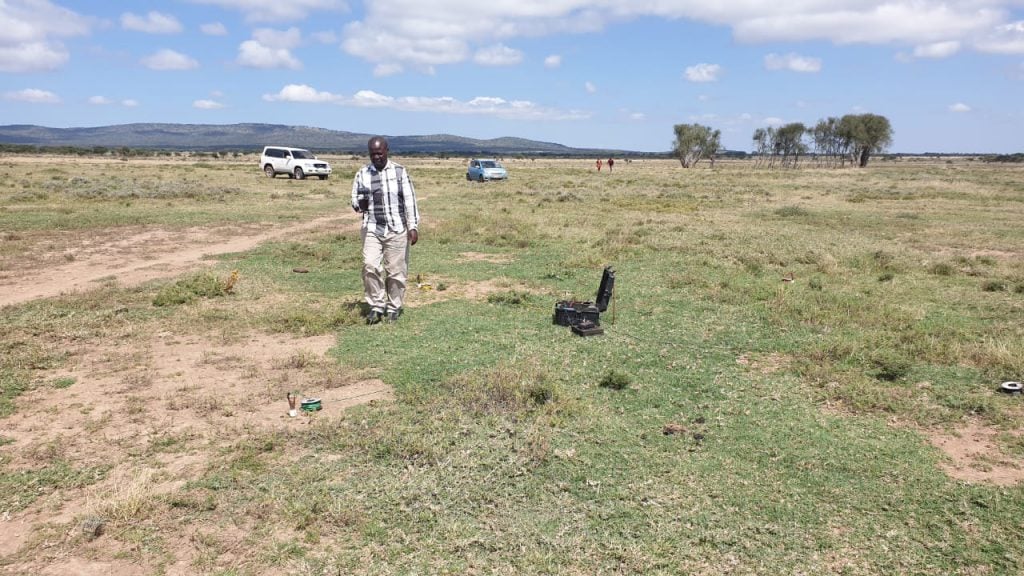
Sankale ole Ntutu and Manon van Oldenbarneveld are our Garden of Eden team members on the ground in Kenya. They have held several meetings with the local community to investigate the needs, and how these needs can be achieved. A Community Based Project (CBO) Group is formed with community members who report about new developments to Sankale and Manon.
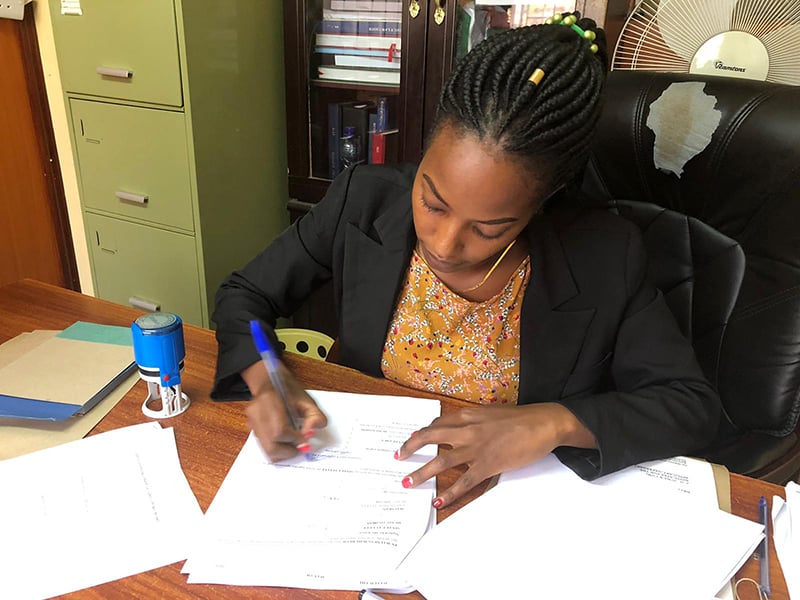
We have already accomplished the following:
- Several community meetings were held to share ideas with the elders and young warriors, with men and women.
- A constitution was written with the community containing the regulations for all 'Back to Nature' community members.
- Quotes are compared from several drilling companies for a complete installation of a solar-pump water well, including water tower, water tanks, taps and drinking troughs for cattle and wildlife.
- The locations for the first water wells have been selected. Land searches are done with the Ministry of Land to approve title deeds of land owners.
- Lease agreements have been made to guarantee access to the water wells for all 'Garden of Eden' community members.
- Fundraising has started, and funds for the first 2 water wells have been successfully generated.
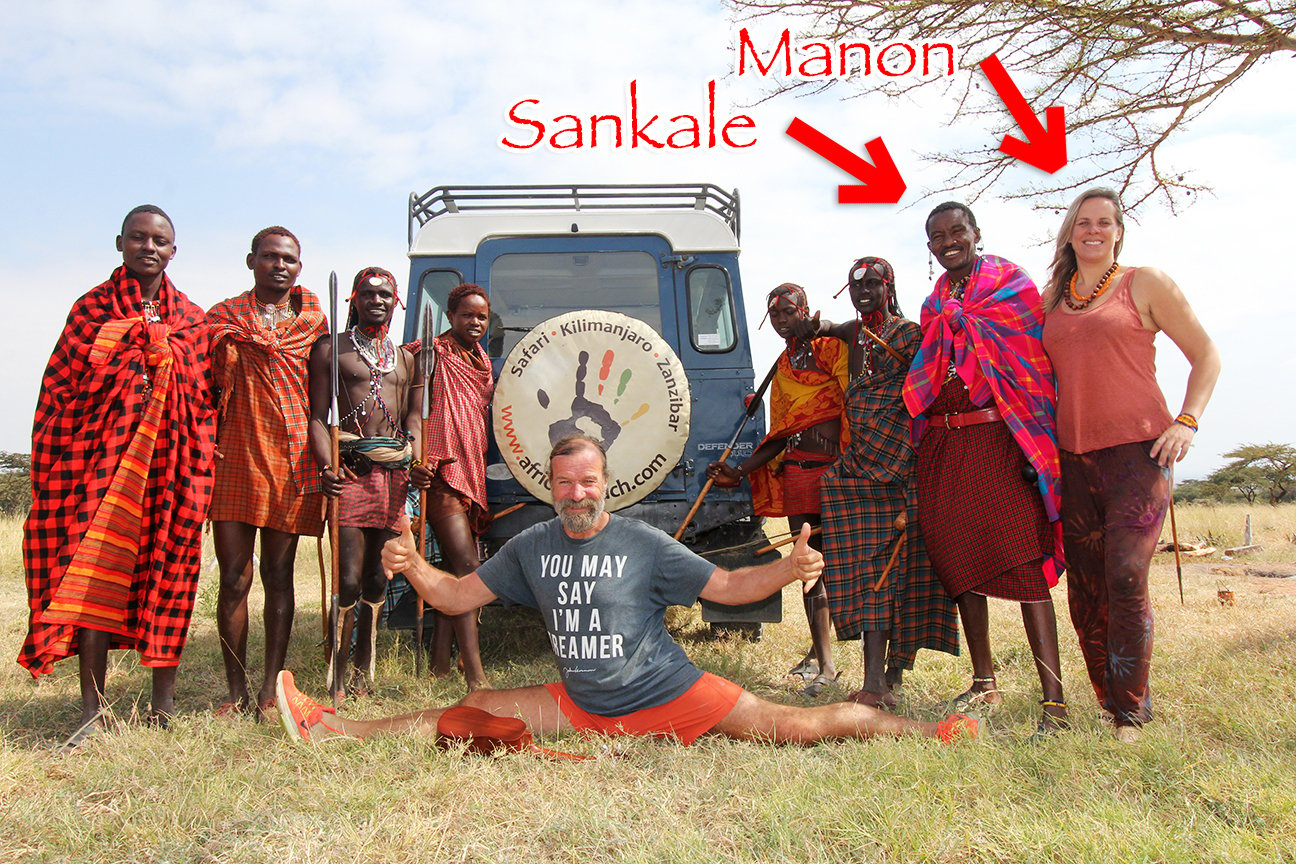
Due to mass production, global climate change, and a more individualistic society, including the increased desire for possession and consumption, we are exhausting nature and getting more and more disconnected with it. The fact is that we are not products of technology, but creatures of nature. A disconnect with nature will ultimately extinct Life for all of us. Hence our mission remains to recover and preserve Life in harmony with Nature!

